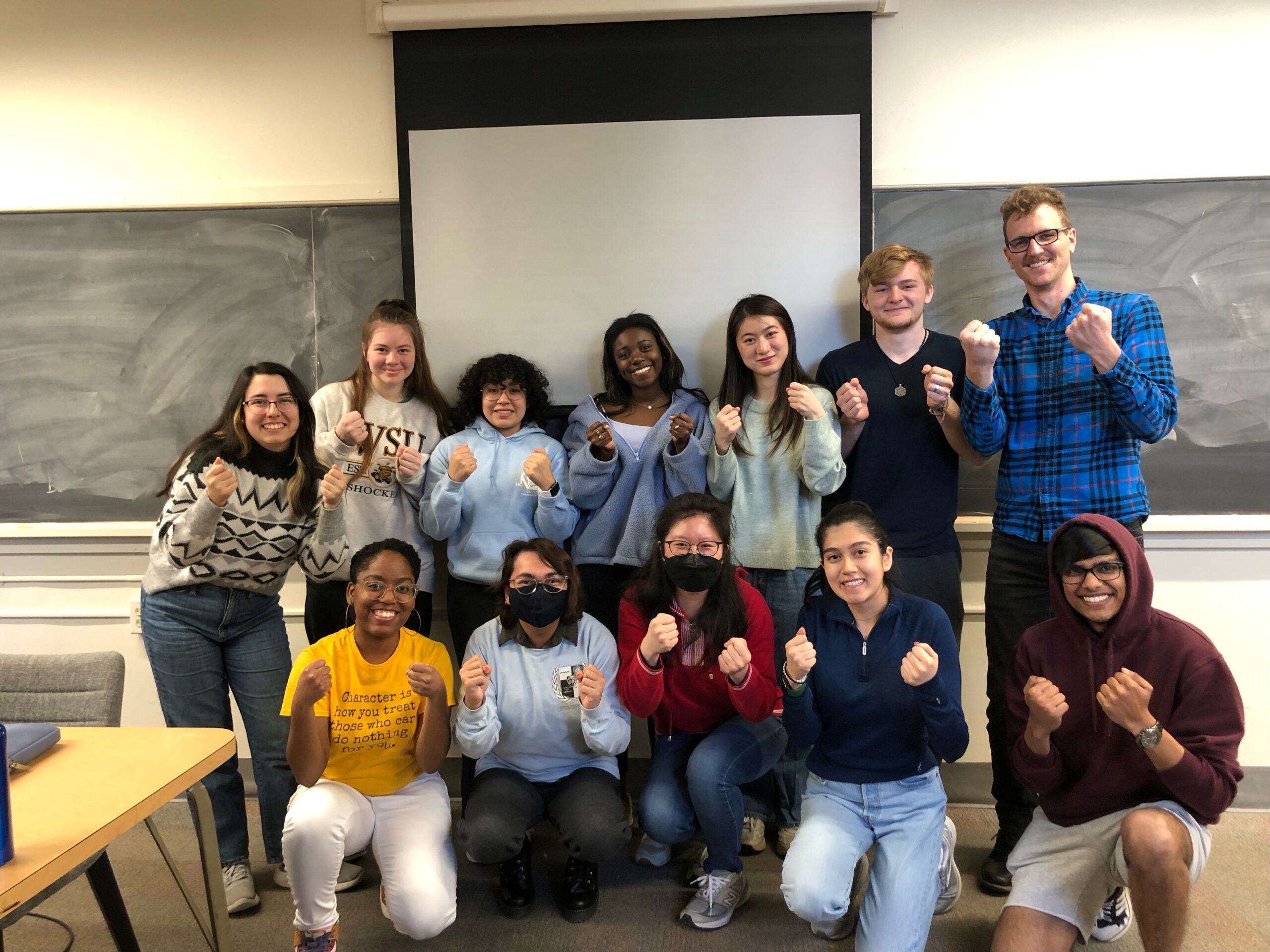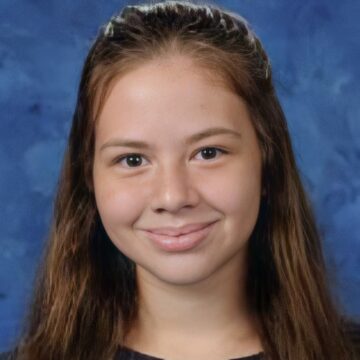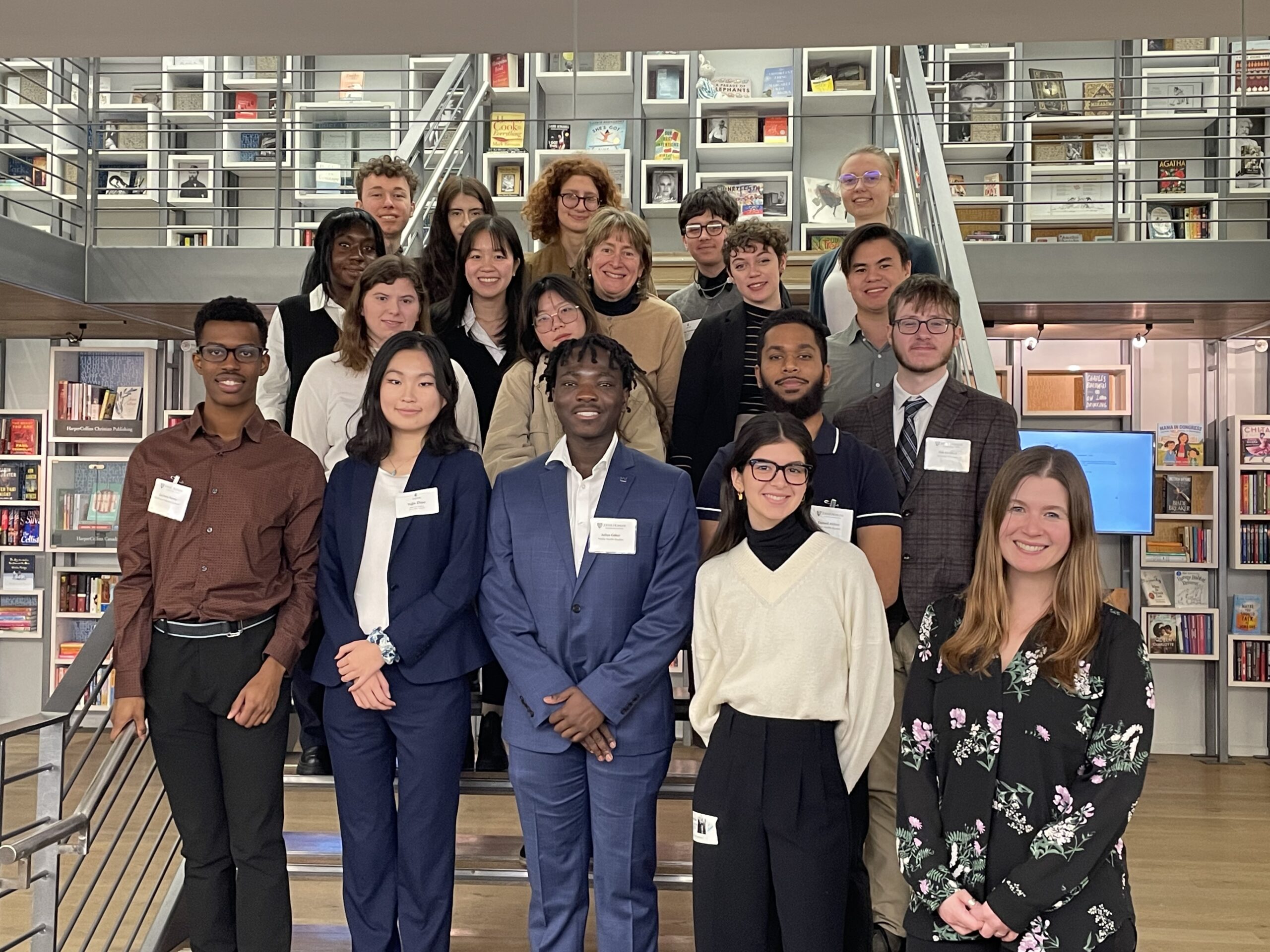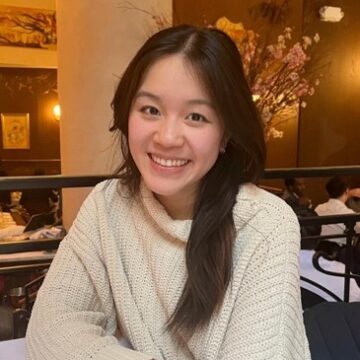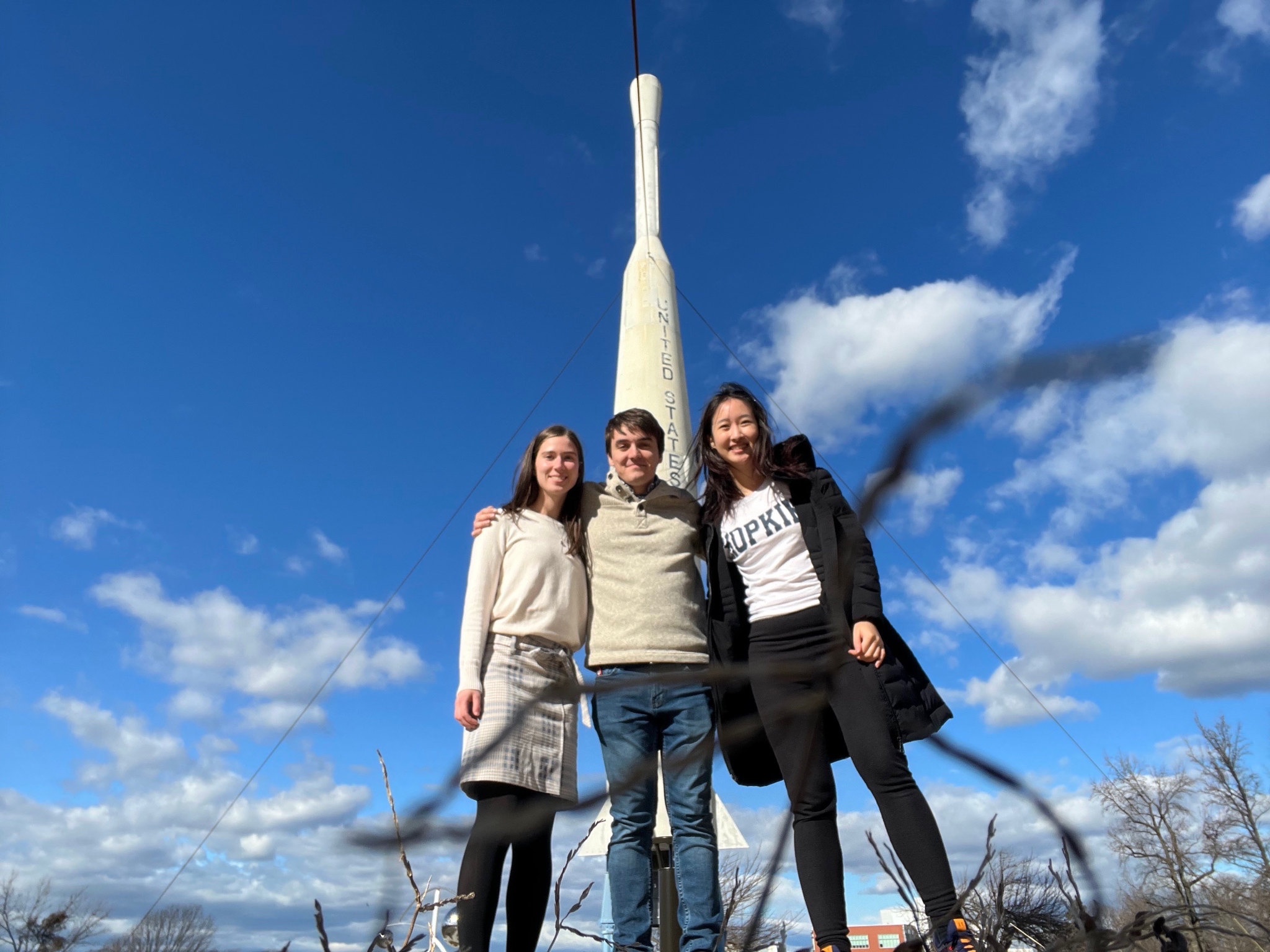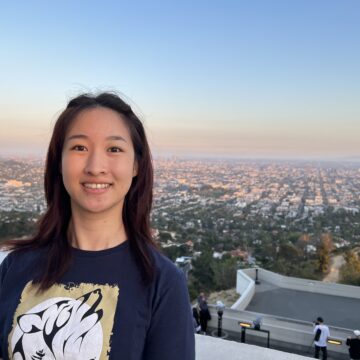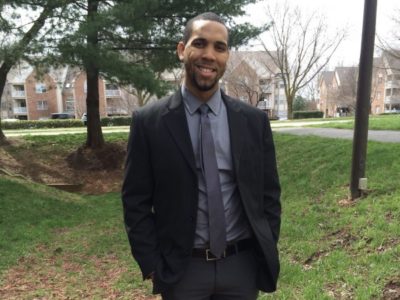
Name: Brandon Stuart
Class Year: 2010
Hometown: Detroit, MI
Major: Behavioral Biology & East Asian Studies
Current Job Title: Ideational Consultant
Current Employer: Self-Employed (Independent Contractor)
Tell us a little about the path from graduation to your current job/career:
My initial plan post-graduation was to attend a Master of Fine Arts program that would give me the opportunity to focus on my growth as a performing artist. However, the competitiveness of the audition process proved too great to secure a spot in an MFA program. I returned home to Detroit to determine my next steps only to move out to Los Angeles less than a year later once I was accepted into the Episcopal Service Corps. Through the nature of the program itself complemented by the experience of working in a local charter school for two years, I developed a deep desire to broaden my definition of what it means to be an artist as well as my ability to approach and solve complex ideas using a structurally sound intellect. Following three years of pivotal cognitive, personal, and professional growth, I now hold a Master of Liberal Arts for Intellectual Freedom degree from the University of Chicago. My résumé has always been composed of work experiences adjacent to intellectual growth through education, so holding my MLA degree is official validation that my diverse job history has been in preparation for my current career in ideational and intellectual consulting.
Did you participate in any internships/pre-professional experiences at Hopkins?
Unfortunately, I did not explore the pre-professional opportunities offered at Hopkins. To be honest, focusing on my studies and participating in extracurricular activities impeded my ability to closely look into the services and programming made available to help students gain more experience in their intended career path.
In what ways did your Hopkins education prepare you for your career?
The diversity of my yearly course loads was definitely the facet of my Hopkins education that prepared me for my career because courses from both of my majors enabled me to learn along two seemingly different planes of thought. Additionally, the ability to explore my passion for creating as an artist while pursuing my undergraduate degree gave my creativity (right brain) and logic (left brain) the time and space needed to learn how to grow concurrently. The education I received at Hopkins was multifaceted in challenging me as an academician, a young adult, an artist, and an intellectual through a myriad of experiences that culminated on campus. The academic rigor of Hopkins equipped me with the content and contextual knowledge specific to my areas of focus, but the skillful approach I employ to gather, decipher, absorb, and regurgitate information for my career was first cultivated during my time as a student Blue Jay.
Any classes, faculty members, or involvements at Hopkins that helped to shape your career interest? How did they do so?
There are characteristics of each course I took at Hopkins that has helped to shaped me into the professional I am today and point me down the path I am traveling at present. Courses such as Motivation, Human Sexuality, Chinese Thought definitely primed me to assume a leadership role in society through my work as an ideational and intellectual consultant, but Fiction Poetry Writing and Modern Japan are the two courses in particular that stand out as helping to shape my career interest. Fiction Poetry Writing, in addition to strengthening my ability to write using precise, descriptive language, appealed to my passion for poetry and songwriting, which I still do today. Modern Japan equipped me with cultural knowledge about Japan that complemented my Japanese language study while at Hopkins and served to establish a relationship with Professor Tomoko Steen. She has helped to guide and support the completion of my master’s thesis as well as plans to study in Japan through writing recommendations and introducing me to colleagues in the field. In tandem, these courses provided a foundation for me to combine the attributes of Behavioral Biology and East Asian Studies in a 60-page thesis paper entitled “Preserving Japan’s ‘Pacifist’ National Identity: Historical Discourse & the Psychocultural Shame-Guilt Complex.”
Favorite Hopkins memory:
My favorite Hopkins memory is the performance of my senior dance project at Shriver Auditorium. This memory is especially significant because the project was an amalgamated reflection and culmination of the many social, aesthetic, and collaborative experiences that shaped me into the collegiate artist I was. In order to create a unique performance experience and tell a story that illustrated my growth as an artist in the social world I incorporated sundry types of movement into my own choreography and collaborated with the dance group Jaywalk. The completion of my senior dance project led to obtaining a certificate in dance from the Homewood Arts Program and becoming a 2010 recipient of the President’s Commendation in the Arts. Those eight minutes on stage have remained with me throughout my continued adulthood and that is why it is my most cherished Hopkins memory.
What about being a Hopkins student do you miss the most?
I miss the freedom Hopkins campus life afforded me to explore and learn myself. While attending JHU, I was a performer in the broadest sense of the word. I had to perform exceptionally in my classes, within and outside my social circle, and on stage as an actor, singer, dancer. As a college student, there were so many opportunities within arms reach given the bubble-like structure of the Homewood campus. I understand now that I took the ease of enrolling in an educational course, joining a campus group, making friends, and showcasing my artistic ability for granted because these are all inherent qualities of a campus community. As I tell all of the pre-college students I meet, there is no experience quite like college. For me, Hopkins served as the buffer that allowed the freedom to explore, fail, and succeed with modest consequences the real world does not often provide.
How did going to school in Baltimore affect your college experience and opportunities for pre-professional experiences?
As a native Detroiter, attending college in Baltimore provided an environment in which I was able to remain in an urban setting I had always known while gaining access to a top-tier education and a range of diverse perspectives within a new educational sphere. This made for a very positive college experience because I never felt removed from the urban terrain and placed within a campus culture that reflects a very dissimilarly paced city environment. In Baltimore I saw and felt an atmosphere similar to my own city. This actually helped me to form many bonds with campus students and staff alike who were Baltimoreans. Therefore, attending Hopkins, the flagship university in Baltimore, I was able to engage in activities and programming within the city specifically designed by Hopkins to support the needs of the community with a sense of warmth and familiarity.
Knowing what you know now, what would you want to tell your pre-college self?
Without spoiling the future for my pre-college self, I would tell him to always remember that sometimes the absence of a plan, or stagnant movement, is just the Universe’s way of creating the space and the time to work in concert with him to construct the master plan. I would also tell him to embrace his ability as an independent thinker and transcendent learner to navigate through life. To trust his gut intuition is to make sound choices based on the purpose that has been set on his life.
